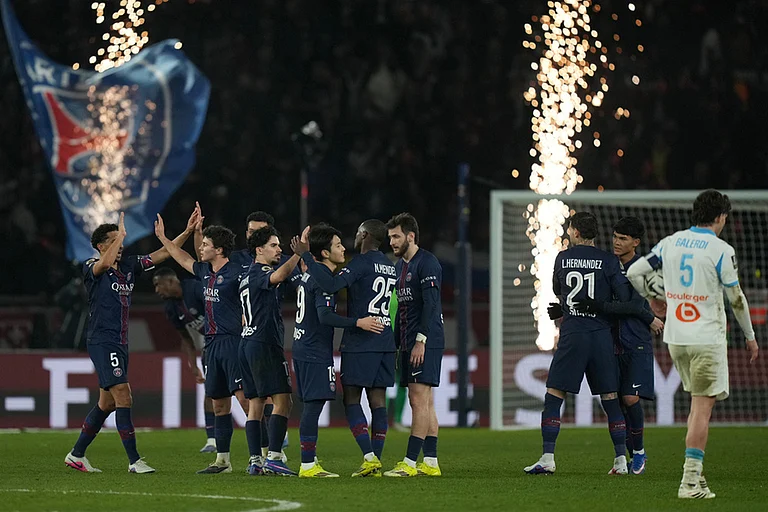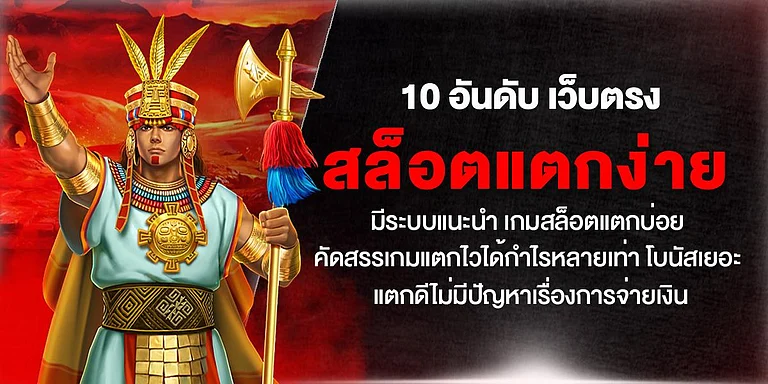The role of the corporates, their agents and trading firms has been highlighted in the 623-page report with tables running into 190 pages. It revolved around the UN’s oil-for-food programme (OFFP), started in 1996 in a bid to tackle the humanitarian crisis in Iraq due to global sanctions imposed against the latter. Under the OFFP, Iraq could sell its crude and the payments flowed directly into escrow accounts managed by the UN. Two-thirds of these earnings were used to meet humanitarian needs in the form of Iraq’s imports of food supplies and medicines.
Later, the imports list was expanded to include products and services in areas like agriculture, construction, telecom and water and power. By the time the programme was stopped in 2003, nearly $28 billion worth of goods had been imported by Iraq. But through the time the OFFP was running, there were consistent allegations that Saddam was using the trade to dole out favours to nations that could theoretically support him in international fora. "Iraq preferred to sell its oil to companies and individuals from countries that were perceived to be friendly to Iraq and in particular if they were permanent members of the Security Council and in a position to potentially ease restrictions of sanctions," stated the Volcker Report.
In retrospect, it seemed the OFFP also helped Saddam make money for himself and his cronies. In September 2000, Iraq imposed a surcharge (which was finally increased from 10-30 to 50 cents) on every barrel of oil it sold. Most of this money was deposited in bank accounts in Jordan or Lebanon that were in the name of Iraq’s State Oil Marketing Organisation and didn’t come under the UN’s purview. In some cases, it was paid as cash and deposited at several Iraqi embassies.
Saddam also ensured that oil was sold at lower prices to countries that could help him. The Volcker committee felt that since Russia is a member of the Security Council, its firms "received almost one-third of the oil sales under the programme". Leading Indian firms like Reliance Industries and Indian Oil were also allegedly involved in this trade. However, Reliance denies these charges. Its statement classified: "Reliance Industries categorically states that the company made all purchases of Iraqi crude oil supplies at the prevailing international prices. Apart from payment at the prevailing price of crude oil, no other payments were involved in these purchases."
A surcharge was also levied on imports from 2,400 companies from 60 countries, including India, which supplied food, medicines, auto components and engineering goods. According to the Volcker Committee, this became the largest source of kickbacks and illicit income for the Iraqi regime and contributed nearly $1.8 billion to Saddam’s coffers. Since mid-1999, the surcharge of 10 per cent of the contract value was labelled as after-sales service fees and inland transportation charges. Within a year, it was only shown as after-sales service fees. Probably, that’s why the Saddam regime was termed as the 10 per cent one in corporate circles.
The surcharge was either deposited in select accounts or paid as direct bribes and bypassed the UN monitoring system. In most cases, the contract prices were inflated to accommodate the surcharge. "Siemens France entered into a contract in November 2000 with Iraq to sell turbine equipment worth ,538,175.... But the contract price was purposely inflated by 10 per cent from a pre-kickback price of ,489,250," states the report. Similarly, it adds that "a surcharge payment of $1,122,671 was paid through the Iraqi embassy in Moscow in connection with one contract executed by Lukoil Asia Pacific."
Of the 2,400 firms accused of being involved in this racket, 129 were from India. It included large drug firms and even some like Tata International, which supplied pick-up trucks, auto components and tea as a part of the OFFP. Until 2003, India annually exported goods worth Rs 1,000 crore to Iraq. Indian generic drug giants like Ranbaxy and Cipla supplied antibiotics like ampicillin, amoxycillin, ranitidine and vitamin supplements to Iraq during the OFFP. In one instance, a consignment of Indian drugs landed at the Ummer Qasr port in the Persian Gulf and Iraq collected an inland transportation fee that was 5-10 times the actual cost.
There’s no denying that Indian firms leveraged the warm ties between the Iraqi and the Indian governments at that time. ficci, in fact, had an Indo-Iraq Joint Business Council, which explored business prospects in Iraq. The association’s former president Anil Aggarwal, who’s also president of the Cosmos group that’s also been named in the report, was not available for comment. Senior managers in other firms, who were willing to talk, refused to comment on record or denied the charges.
Among those who refused to comment were Tata International, Wockhardt and Dr Reddy’s. A spokesperson for Dr Reddy’s said, "We will study it and then respond." kec International, which supplied power transmission lines to the post-Saddam Iraq, has been indicted in the Volcker Report. Its spokesperson, Manish Kalghati, says, "We set up the transmission lines with the new regime. Earlier, we had only sold equipment, including transmission towers and cables. We did not give any kickbacks."
Many of the named Indian firms are small-time exporters and traders and they maintain that they could not have afforded the kickbacks. One small-town export house told Outlook that it may have been misidentified with another bigger company. However, the Volcker Report does offer two exit routes for corporates. They can contend that they didn’t know anything and that their agents may have been involved in making the payments. They can also say that they didn’t know the payments were illegal.
Still, the Indian government may be forced to investigate the accusations against the domestic firms. Especially since other nations, like Russia and Australia, whose firms have been charged with making much higher payments, have decided to do so. Twenty-five pages of the report are devoted to Russia. Over 30 Russian companies, including Lukoil (which had the highest contract), TNK-BP, Gazprom and Yukos have been implicated. The report estimated that the Russian oligarchs funnelled close to $230 million to Saddam’s government through the programme.
Australian Prime Minister John Howard said he wanted a probe into the alleged involvement of the country’s monopoly wheat exporter, the Australian Wheat Board, which allegedly paid over $220 million as kickbacks. Australia currently has a $256 million-a-year wheat trade with Iraq. More bad news for Indian firms?
By T.R. Vivek and Saumya Roy


























